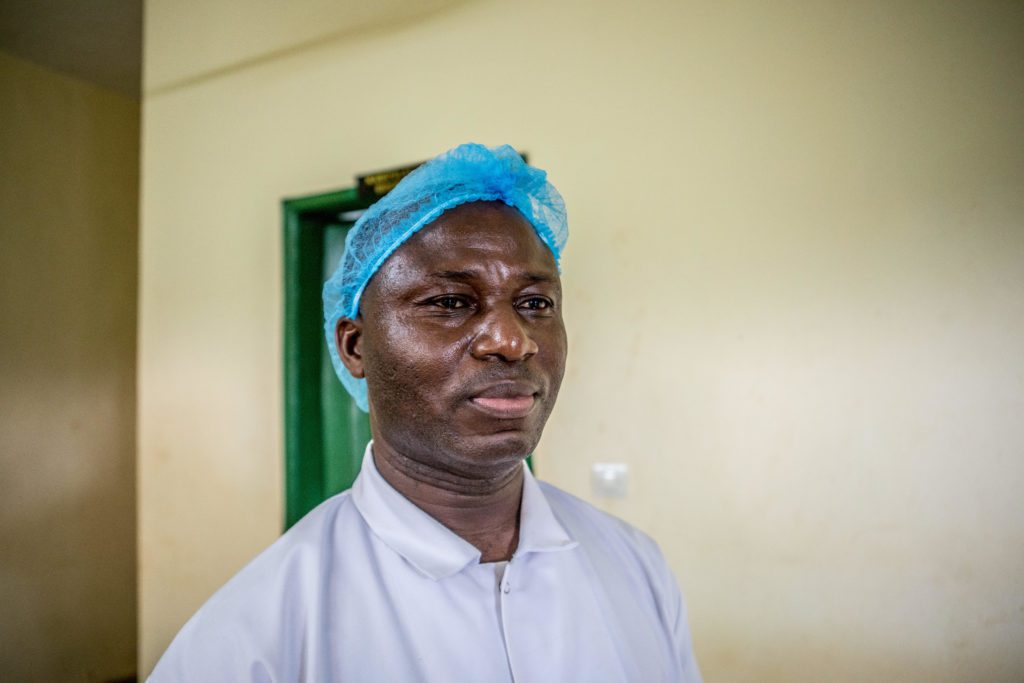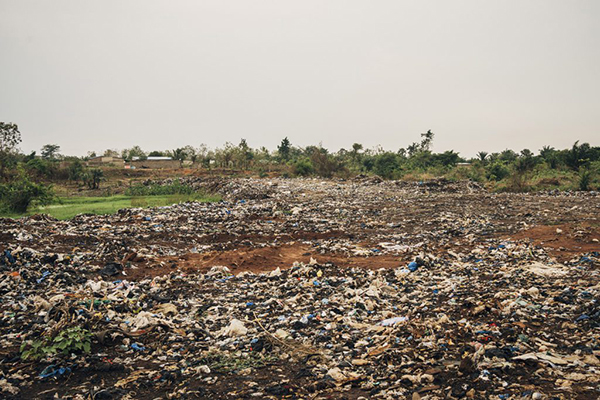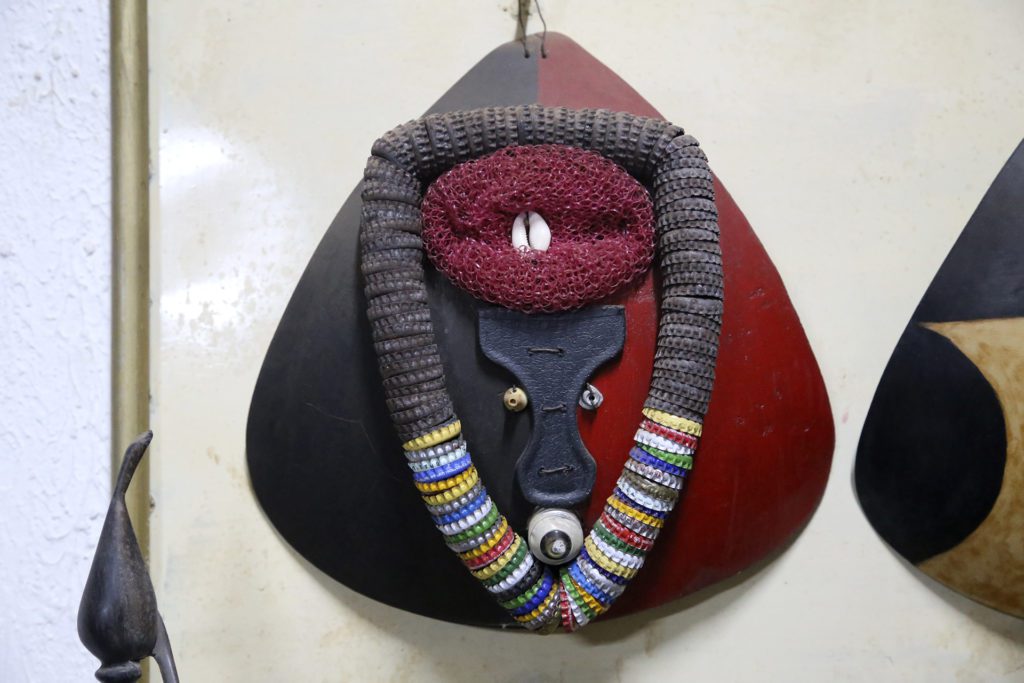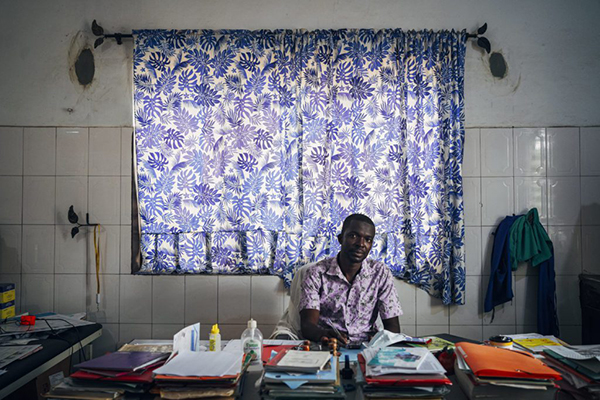Currently no one knows how Buruli ulcer is transmitted. Efforts to research this disease could reduce treatment times and speed up detection, thereby assisting those who suffer from this disease in impoverished settings to recover more quickly.
In the inter-connected world in which we live, international medical research is disproportionately focussed on the most prevalent diseases of the Global North, leaving the diseases of poverty behind. There is a paradox at the heart of healthcare research: almost 90% of resources are spent on trying to resolve just 10% of global health problems. This is why dedicating efforts to researching Neglected Tropical Diseases (NTDs) is fundamental. Nobody takes any notice of these neglected diseases. To redress the balance, many organizations work shoulder to shoulder with laboratories in endemic places in Africa, where cases of around two dozen NTDs are concentrated. Buruli ulcer is one of them.
Researching Buruli ulcer to improve the lives of those who suffer this disease
Buruli ulcer is caused by an environmental mycobacterium known as Mycobacterium ulcerans, and if not treated in time it affects the soft tissues and bones, causing disability. Currently, the treatment recommended by the WHO requires 8 weeks of two antibiotics (rifampicin and clarithromycin), taken daily. Furthermore, curing the ulcers the disease produces requires a lot of care to avoid patients from needing skin grafts or surgery.
Various research projects at an international level are searching for solutions to reduce treatment times and improve how this disease is treated. A shorter, highly-effective treatment that is 100% oral would reduce healing time and require less hospitalization, meaning lower costs and simpler and faster treatment; furthermore, speeding up detection techniques for cases would avoid the multitude of complications deriving from late treatment and reduce the disability associated with the disease. In 2019 the WHO set up the Buruli Ulcer Laboratory Network in Africa (BU-LABNET) which aims to reinforce confirmation by way of a PCR test in 9 African countries where the disease is endemic.






